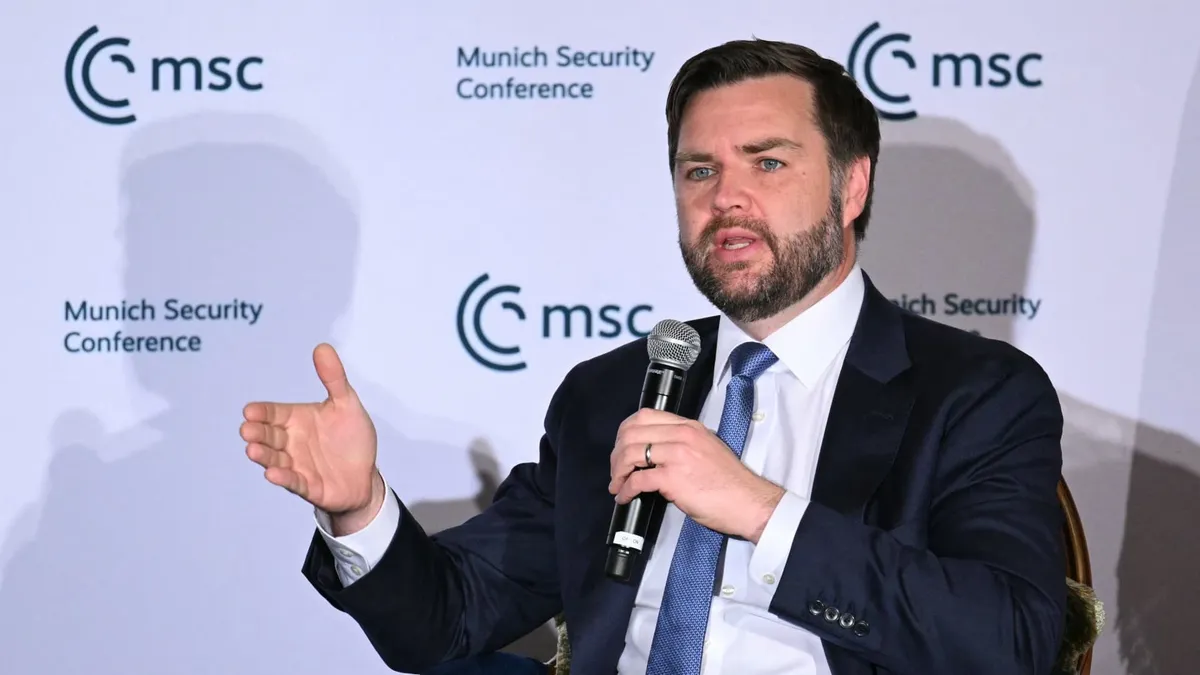
In a significant statement made on Sunday, Vice President JD Vance emphasized that the United States is not in a state of war with Iran, but rather focused on addressing the threats posed by Iran's nuclear program. This declaration followed the U.S. military's late-night strikes targeting three critical nuclear sites in Iran, raising concerns about potential regional escalation.
The U.S. strikes were aimed at key facilities located in Fordo, Natanz, and Isfahan. These sites have been under scrutiny for Iran's advancing nuclear ambitions. Defense Secretary Pete Hegseth stated that the recent military actions have effectively "obliterated" Iran's nuclear capabilities, a view echoed by the Trump administration. However, the full extent of the damage caused by the strikes remains unclear as of Sunday.
In response to the military strikes, Abbas Araghchi, Iran's Foreign Minister, asserted that the nation reserves the right to defend itself, heightening fears of a possible escalation in hostilities. When asked by NBC News’ Kristen Welker about the potential U.S. response to any Iranian retaliation, Vice President Vance reiterated the U.S. stance, stating, "We do not want war with Iran; we actually want peace." He emphasized that this peace must come without the threat of a nuclear weapons program, reinforcing the rationale behind the recent military actions.
White House officials, including President Trump, celebrated the success of the operation aimed at dismantling Iran's nuclear facilities. Vice President Vance expressed confidence that the strikes have significantly delayed Iran's progress toward developing a nuclear weapon, which was the primary objective of the attack. However, he refrained from disclosing specific intelligence regarding the remaining operational capabilities of the targeted nuclear sites, stating, "I'm not going to get into sensitive intelligence about what we've seen on the ground there in Iran."
The tensions between the United States and Iran continue to evolve, particularly concerning the critical issue of nuclear proliferation. As the situation develops, the U.S. administration remains focused on ensuring national security while advocating for peace in the region. The implications of the recent strikes and Iran's potential response will be closely monitored by international observers and stakeholders alike.